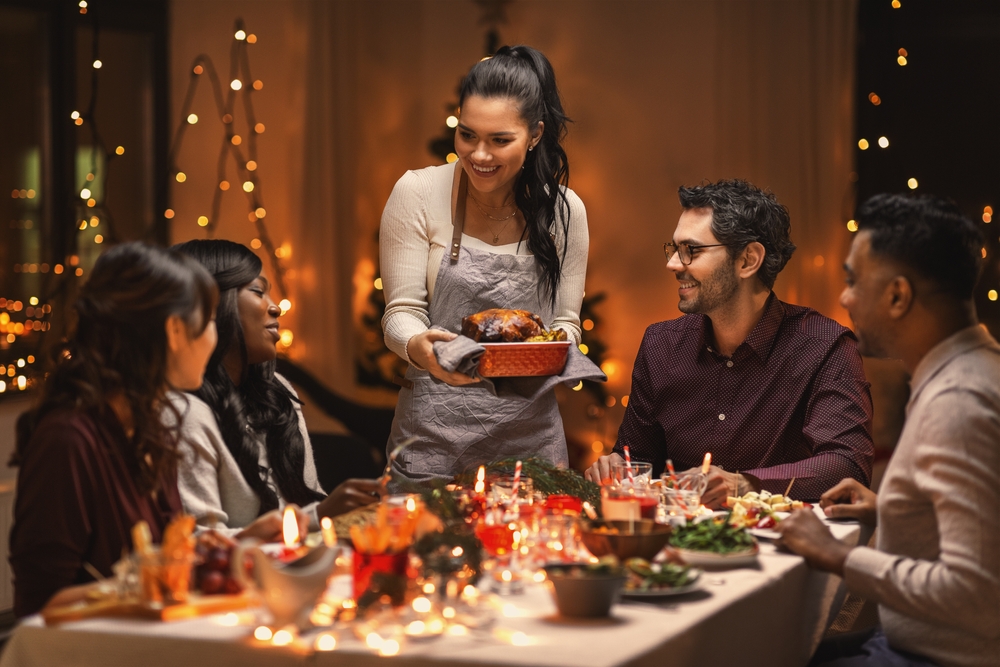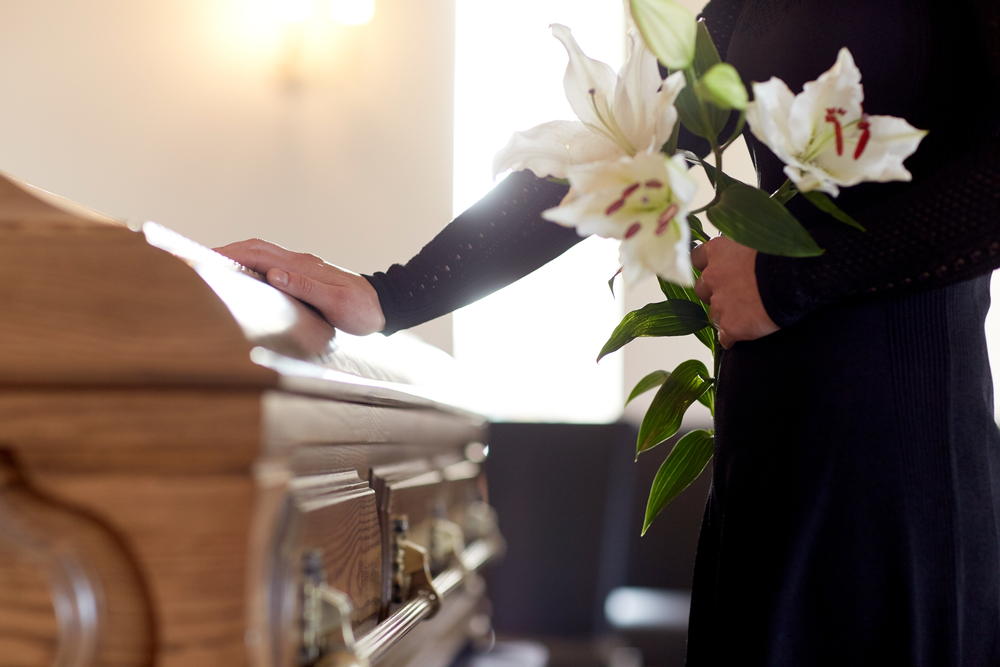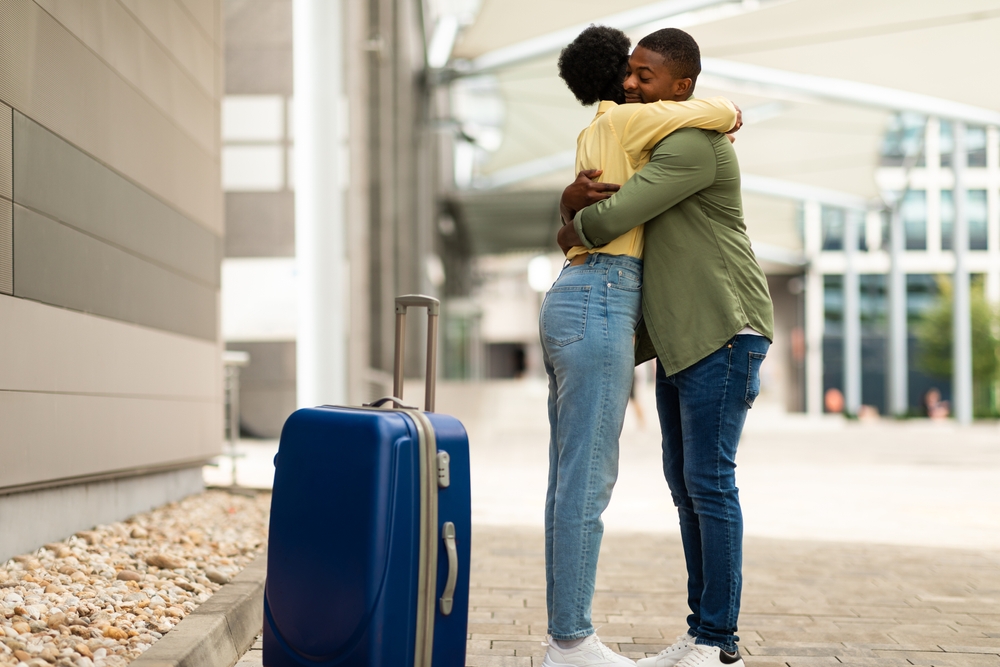No matter your religious upbringing or family history, the holiday season likely means you will be getting together with friends and family to celebrate the season. The prevailing emotion around this season is joy, but if you struggle with mental health challenges, it can also be a source of enormous stress. This can often cause holiday traditions triggering your eating disorders. But there are ways to celebrate holiday traditions without putting your body and health at risk.
What the Holidays Mean for Eating Disorders
Holiday traditions, from Thanksgiving to New Year’s, can be an especially difficult period if you have an eating disorder. Many adult eating disorders are expressions of anxiety. The three most common eating disorders are anorexia nervosa, bulimia nervosa, and binge eating disorder. Each of these eating disorders can be triggered by heightened periods of stress. While anorexia manifests as extreme dieting and restricted food intake, bulimia and binge eating involve eating to excess, with or without subsequent purging. However, all three are compulsive behaviors triggered by intrusive anxious thoughts.
That’s why the holiday season can be a problem for you if you are managing an eating disorder. Family holiday traditions often center around food and eating. They pair unusual eating schedules with high-stress family dynamics. When those two issues come together, those holiday traditions can trigger your eating disorder and cause dysregulated, and sometimes physically dangerous eating behaviors. (Because many of these holiday traditions also involve alcohol, they can also be triggering for those struggling with substance dependency or alcoholism as well.)
Get Help With Holiday Traditions Triggering Your Eating Disorders.
Talk to a psychotherapist today about how family dynamics trigger your anxiety, worry, or shame..
What Eating Disorder Triggers Look Like Around the Holidays
When your eating disorder is triggered, you may feel a spike of worry, anxiety, or shame for any variety of reasons. For example, you may feel pressured to attend family gatherings causing intense stress. You may worry about your ability to eat in front of your family or about what consuming all that food will do to the way you see your body. You may also experience shame about your desire to eat the special, and often high-calorie foods that abound during the holiday season.
Family dynamics can also be triggering even after you have done the hard work to manage your eating disorder. For example, your parents or older relatives may assume that it is important to “clean your plate” at Thanksgiving dinner. They may encourage you to take seconds (or even thirds) based on their own perceptions of your body’s needs. If you struggle with compulsive dieting, your loved one’s discussions about their New Year’s Resolutions could cause your own intrusive thoughts about your weight to flare up, leading to an unhealthy restriction of calories.
Unfortunately, if you struggle with an eating disorder (or any other mental health disorder), your friends and family may unwittingly make it harder to stay healthy and keep triggers at bay. In most cases, they are not trying to make you self-conscious or anxious. However, they may not realize how what they are saying and doing can contribute to your mental health disorder.
Managing Eating Disorder Triggers During Holiday Traditions
Just because you struggle with an eating disorder doesn’t mean you need to isolate yourself from your family or their holiday traditions. There are many things you can do to manage your eating disorder triggers during the holiday season.
- Be transparent with family and friends about your eating disorder. By telling them what you are going through, you can rally their support and make it easier to change the holiday traditions to suit your needs.
- Avoid overbooking yourself. Give yourself time between holiday events to recover and reset your personal disciplines and habits. For example, you may need to limit when and for how long you attend parties so you can maintain your regularly scheduled meal times.
- Proactively decrease stress. In the days leading up to holidays, take time for self-care and decompression. By reducing the background stress in your life, you make room for the pressures the holiday season brings with it, without pushing you over the top.
- Emphasize holiday traditions that don’t involve food. Rather than focusing on what you can’t do because of your eating disorder, find ways to celebrate the season that are independent of food. This might be attending parades, going to religious services, singing songs, or exchanging presents.
- Identify a support person. If you are going to a party, ask one person to be your “buddy” that you can go to if you start to feel shame or anxiety. This person can help you interrupt your thought patterns and avoid compulsive behaviors. They can also intervene if a family member is triggering your eating disorder and not listening to your requests that they change their behavior.
- Get support from a psychotherapist. If you anticipate increased anxiety or shame around the holidays, now is a great time to schedule extra appointments with a mental health professional who can help you develop coping strategies and dietary habits that will serve you well and help you respond to triggers. If you already have a psychotherapist, ask for an extra call or visit after family get togethers to keep you accountable and help you stay on track.
The holiday season can be a stressful time. Holiday traditions can trigger your eating disorder and cause increased stress, worry, and shame. But you have the tools to get through the holidays without hurting your body. By using these tools, you can ensure that you and your family remain merry and bright.
David Stanislaw is a psychotherapist with over 30 years of experience. He helps adults, teens, and children with eating disorders and other psychological issues. Contact David Stanislaw to get help today.


 How Bereavement Counseling Helps with Loss
How Bereavement Counseling Helps with Loss Long-Distance Relationships and Loneliness
Long-Distance Relationships and Loneliness Finding the Right Stress Management Technique
Finding the Right Stress Management Technique